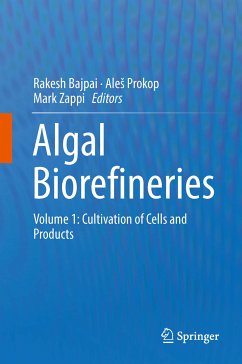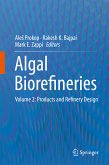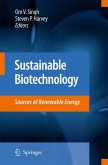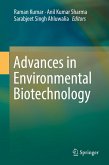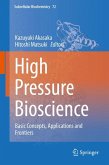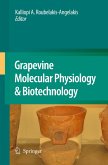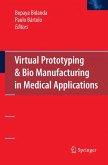Over the past century, the majority of chemical and energy needs of our industrial society has originated from fossilized carbon sources (coal, crude oil, natural gas). Increasingly, there is a realization that utilization of the fossilized carbon sources has adverse environmental consequences in the form of increasing concentration of greenhouse gases. We are also becoming aware of the limited nature of these resources. As a result, considerable efforts are being made to produce chemicals and fuels from renewable resources such as forest products, agricultural residues and plant products. All of these systems capture solar energy and atmospheric carbon dioxide as a part of the natural carbon cycle. Serious research efforts are also underway, targeting cultivation of photosynthetic autotrophic microbes for the production of biomass and lipids. In this category, algae appears to offer the most potential for capturing solar energy and atmospheric carbon dioxide and delivering sufficient quantities of biomass/lipids that can offset the fossilized carbon utilization in a meaningful manner without impacting food output adversely. However, several advances, both technologically as well as politically, are needed before we can realize its full potential. It is also clear that a biorefinery approach must be undertaken in order to harvest renewable energy and chemicals from algae economically. This edited, multi-authored volume on Algal Biorefineries will document new advances involving algae-based technology.
Dieser Download kann aus rechtlichen Gründen nur mit Rechnungsadresse in A, B, BG, CY, CZ, D, DK, EW, E, FIN, F, GR, HR, H, IRL, I, LT, L, LR, M, NL, PL, P, R, S, SLO, SK ausgeliefert werden.

